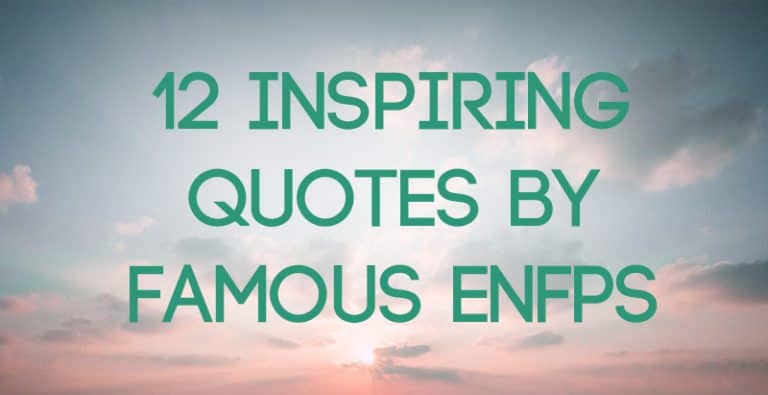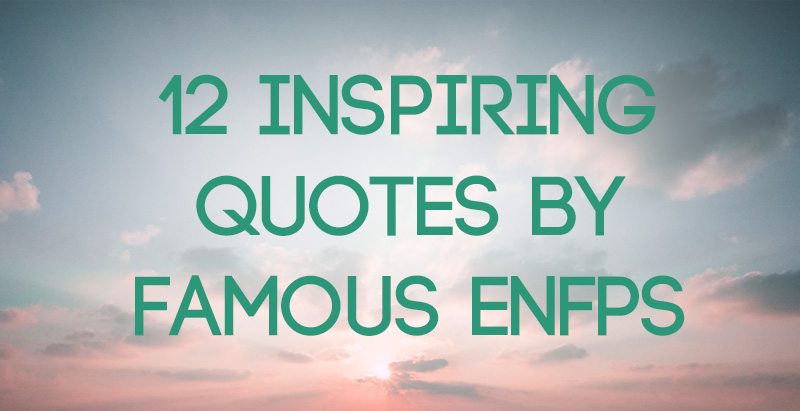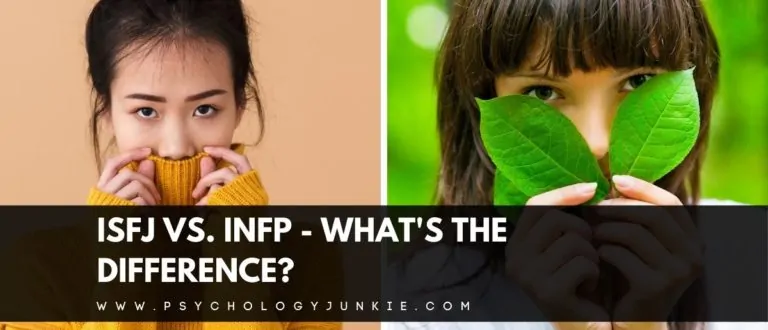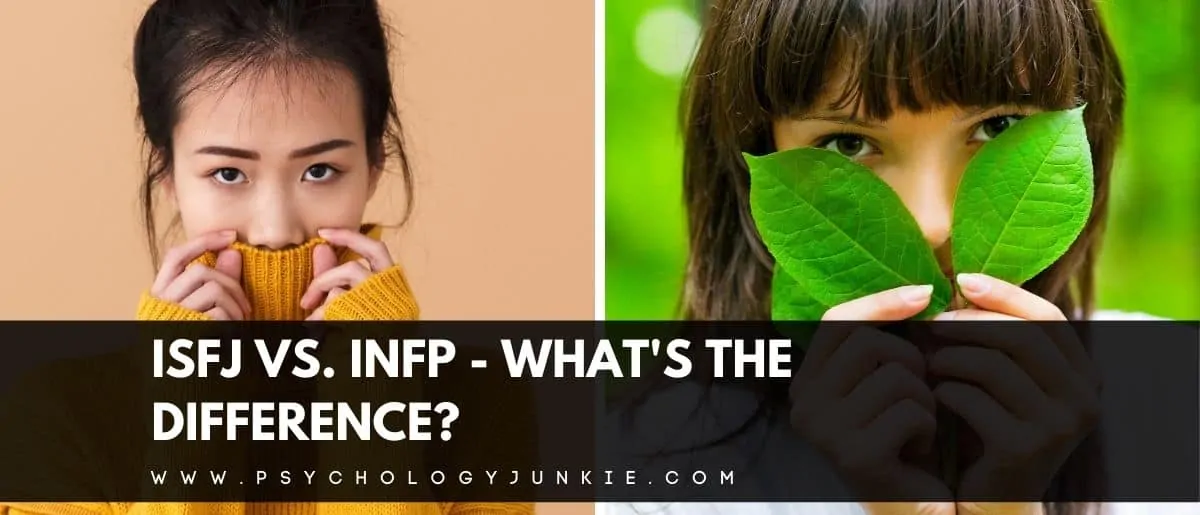Why INFJs Struggle with Details
Every personality type has its own unique set of gifts and challenges. The INFJ personality type is insightful, empathetic and future-oriented. These gifts allow them to contribute positively to the world in many ways. But this personality type also experiences many challenges as a result of the lesser developed parts of their personality. One of these challenges is paying attention to details.
As a judging type, one may assume that the INFJ is extremely detail-oriented, but this is actually a major misconception. Here are five reasons INFJs struggle with details.

Not sure what your personality type is? Take our new personality questionnaire!
Why INFJs Struggle with Details
-
They’re focused on the big picture.
As dominant intuitive types, INFJs are focused on the big picture. This preference for the abstract can cause them to miss the obvious realities in front of them.
With Introverted Intuition as their leading function, INFJs prefer the world of concepts and ideas. They are more likely to have their head in the clouds than their feet on the ground.
Introverted Sensing, the function more often associated with tangible details, is last in the INFJs function stack. The INFJ may feel like the strengths associated with Introverted Sensing types (ISFJs and ISTJs) are blind spots.
For example, I’ve been a writer for nearly my entire life. But I often find myself getting so caught up in the concept I’m explaining or the story I’m telling, that I let typos slip through the cracks. The spelling and grammar are much less essential than the concept or story, and therefore, not a priority during the writing process.
As a writer, this means I have to take extra precautions to proof my work. I use spelling and grammar checkers and have worked with editors to improve this skill. But it will never be something that comes as naturally to me as spreading a big picture message.
-
They prefer to live in their heads.
As introverts, INFJs prefer their inner world to the outer world. They often find themselves distracted by their own thoughts and ideas and have trouble focusing on what’s going on around them. This is another reason they can often miss details in their environments.
An INFJ may find that a hike through a beautiful forest is an excellent opportunity to have quiet time to think about that idea they had for a novel or how to handle conflict among family members. They may not realize until the hike is nearly over that they haven’t paid any attention to the beauty of their surroundings.
INFJs have to actively focus on being present in the moment to truly enjoy all it has to offer. When I catch myself daydreaming instead of being present, I try to remind myself to focus on something in my environment and what I appreciate about it.
When I’m able to do this, it feels incredibly relaxing; but it is definitely not my normal mode of processing. Just like with editing, it takes intentional focus and effort.
-
They’re dreamers rather than doers.
INFJs have Extraverted Sensing as their inferior function. Extraverted Sensing perceives and stores information happening in the outside world. At it’s best, Extraverted Sensing is extremely observant and quick to react to what is happening in the person’s environment.
Most INFJs can use their inferior function with some skill in certain areas. However, it tends to show up in more of a child-like way. An INFJ who specializes in editing may actually be exceptional at catching those typos, but find that they frequently miss details in other areas of their life. Without focus and practice, most INFJs will appear clumsy in how they react to their environment.
In interviewing INFJs for my book, The Complete Guide to Understanding the INFJ Personality Type, many mentioned how they were always bumping into things or finding mysterious bruises from an incident they didn’t even notice occurred.
Most INFJs are pretty average when it comes to “doing” things in the outside world. They tend to find more success when focusing on their strong insights and ideas, as well as their abilities to work with and understand people. Neither of these traits requires a strong attention to concrete details.
-
They’re perfectionists.
INFJs can be perfectionists and have high standards for themselves and others. Most INFJs are extremely aware of the challenges they have when it comes to details. This awareness can sometimes be a great source of insecurity for them.
This is especially true when the INFJ is in a career or life circumstance that requires them to be extremely detail-oriented. To overcompensate for the perceived weakness, the INFJ will instead adopt perfectionist habits of over-checking their work or spending too much time on something small and insignificant until they get it “just right.”
For this reason, INFJs can also be sensitive to criticism as it relates to their lack of spatial awareness. They may feel that because they’ve spent so much time “perfecting” something, it’s unfair to critique it.
It’s not until the INFJ can give themselves well-deserved patience for their lack of focus on the details that they’re able to loosen up and not take every “failure” too seriously.
-
They’re easily overwhelmed by data.
Most INFJ decision making is led by their Extraverted Feeling process, which absorbs the emotional energies of other people and focuses on group harmony. But they also enjoy and make decisions using their tertiary Introverted Thinking function.
Introverted Thinking excels in understanding vast amounts of information, and INFJs may find themselves attracted to understanding a singular topic or idea from every imaginable angle, using the unique blend of their Introverted Intuition and Thinking functions. (When INFJs get “stuck” in the world of intuition and thinking and begin to disregard the feelings of others, it is called the “Ni-Ti loop.”)
Although many INFJs love to learn new things, they find analyzing data most enjoyable as a low-pressure hobby. This is another reason that INFJs thrive in careers where they can learn without too much expectation to produce external results. The INFJ is much more drawn to the idea of being a philosopher than a knowledge expert in any given topic.
When the INFJ feels like too much data is being thrown at them at once, they can quickly become overwhelmed. They need to understand the big picture, or the “why” behind the information to successfully process it.
The INFJs focus on understanding the “why” can distract from the data at hand. They can tell you the purpose of the work, but will struggle to explain the specifics.
Dealing With Details
When it comes to details, INFJs will find the most peace when they learn to be patient with themselves and open with others about the qualities that they struggle with. Other people admire INFJs for the strengths that they bring, and these usually far outweigh their weaknesses when it comes to the people who matter most.
However, if you’re an INFJ in an environment that regularly expects you to be extremely detail-oriented, you can work on developing skill around the particular task that requires it. With enough focus and limited distractions, even an INFJ can write a fairly typo-free article. (But that doesn’t mean I still won’t run the spell checker.)
About Megan:
Megan Malone’s mission is to help people improve their relationships, careers and quality of life using personality psychology. She is a writer, digital marketing specialist and author of the book The Complete Guide to Understanding the INFJ Personality Type. She is also the founder of INFJ Blog, an online resource for INFJ personality types. Megan lives in Dallas, Texas, with her fiancé and two pups. You can chat with her on Twitter @meganmmalone. You can also check out her Pinterest account here and her INFJBlog Facebook page here.
Subscribe to Our Newsletter

Want to discover more about personality type? Get the inside scoop with Susan Storm on all things typological, along with special subscriber freebies, and discounts on new eBooks and courses! Join our newsletter today!















This is exactly what I am ????. Thanks for the article.
Thank you so much for the work you do. I appreciate all the information you put out, it has been helping be more understanding and compassionate towards myself.
Haha! Thanks for this fantastic article Megan! You nailed it! I’ve always referred to this struggle by calling myself Captain Obvious.
Hello Megan!!!
Awesome information appreciate your work.
I am blown away by the depth of understanding you have. I can’t get enough thank you so much
Thank you!!
re: the daydreaming description – I find that in most pictures of myself as a kid, I look half asleep, unfocused, my mind busy internally daydreaming rather than in tune with what’s actually going on. And I can definitely relate to the description of taking a hike and not noticing the woods without specific efforts. In college, I realized that I have a penchant for finding a location with a lovely view for doing homework or reading, but that as soon as I got there and started working, everything around me dissolved. As a keen gardener, I have to take moments to simply walk around the garden beds, observing closely and enjoying the flowers and plants, or else I just don’t notice them. Watering by hand, though tedious, is actually a relaxating time for me to look and see. And try not to be overwhelmed with all the things I notice that need to be done!